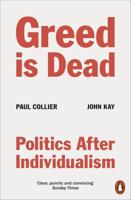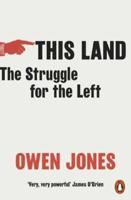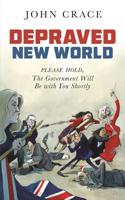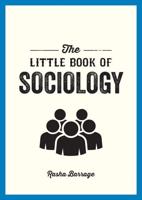Publisher's Synopsis
In 1812, the Jeffersonian-dominated Massachusetts legislature, with the approval of Governor Elbridge Gerry, split Essex County in an effort to dilute the strength of the Federalists. Noting the resemblance of the new, oddly-shaped district to a well-known amphibian, a local newspaper dubbed the creation a "gerrymander". Less well known about this episode of American history, writes political scientist Mark Rush, is its outcome: in the ensuing election, the Federalists won the district anyway.;Today, political divisive redistricting - gerrymandering to some - still causes bitter reapportionment disputes, renewed threats of class action lawsuits and legislative wrangling. In this book, Rush offers a sceptical inquiry into this controversy and a critical assessment of the assumptions underlying current analyses of the redistricting process. He focuses on long-term voting results in redrawn districts and concludes that redistricting - at least given present criteria and guidelines - has little impact.;By showing how difficult it is to perpetrate a successful partisan gerrymander, Rush challenges the notion that an electorate can be organized into Democratic and Republican "groups". He further questions the validity of current political research - and highly-paid political consulting - undertaken on the assumption that such organization is feasible.










